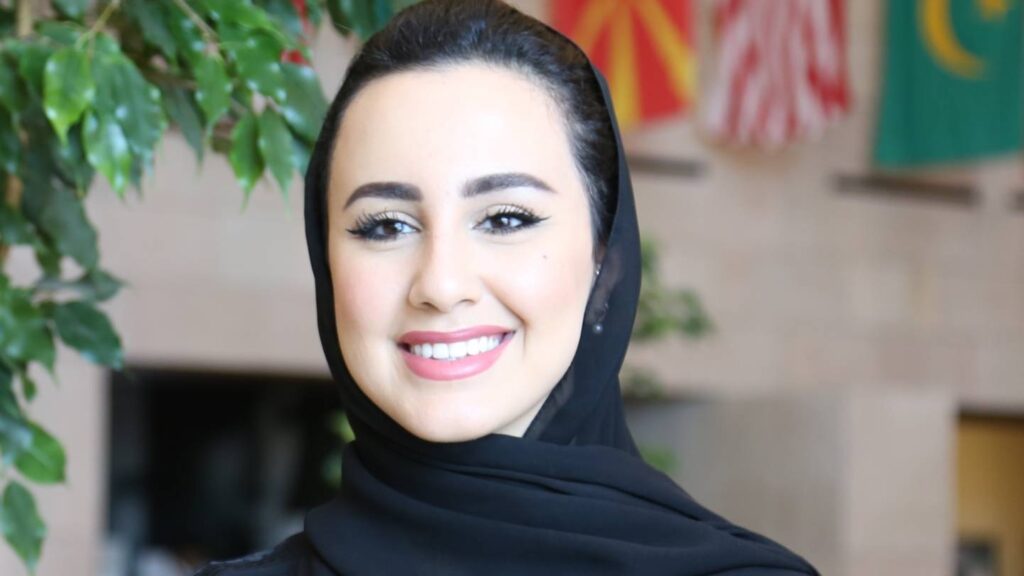What should we learn from the blockade against Qatar?

Dana Al-Anzy and M. Evren Tok
July 27, 2017
The blockade against Qatar reached 50 days and still continues. During the past 50 days, most of the discussions revolved around the political, diplomatic and economic aspects of the crisis.
Today, it is evident that Qatar has successfully weathered the blockade. It was a tough test, but looking back over the 50 days, the economy has been resilient and sufficient. Qataris and non-Qatari residents have only grown prouder in unity and solidarity with the Emir HH Sheikh Tamim Al Thani. Numerous building size murals of the Emir, Sheikh Tamim, have been signed by the residents demonstrate the unity and love in response to the smearing campaigns launched against Qatar.
We, however, intend to highlight another aspect of the blockade. The crisis was a test to the Qatari modernization experience and transformation in the past two decades. The crisis process witnessed a vibrant, proactive stance by the Qatari youth, equipped with a strong educational background, cognizant of global affairs and aware of broader trajectories envisioned for their country. The emergence of a Qatari youth with a strong academic background, equipped with skills of critical thinking, tech-savvy and effective users of social media is not a coincidence. Let’s get more in depth!
Qatar National Vision 2030
In the case of Qatar, the broad trajectory is the Qatar National Vision 2030, published in 2008, it has the goal of “transforming Qatar into an advanced country by 2030.” Fostering achievements in health, education, transportation and other services, as well as expanding and transforming the economy, Qatar National Vision (with its 2011-2016 and 2017-2022 National Development Strategies) has social, human, environmental and economic pillars.
Doubtlessly, education has been an integral element of Qatar’s comprehensive national vision and Qatar Foundation played a key role in Qatar’s modernization process by melting famous American campuses with local culture and tradition.
Since 2008, Qatar Foundation has collectively celebrated the graduation of students from Hamad Bin Khalifa University (the only home grown university under Qatar Foundation) and its partner universities based in Education City, including Carnegie Mellon University Texas A&M University, Weill Cornell Medicine, Northwestern University, HEC Paris, University College London, Georgetown University and Virginia Commonwealth University. Qatar Foundation’s global impact is versatile. For instance, s UNESCO’s Special Envoy for Basic & Higher Education, Her Highness Sheikha Moza’s initiative Education Above All has provided opportunities to 7.1 million children since its launch in 2012. Education Above All is a global foundation committed to those in need with a vision to bring new life chances and real hope and opportunities to poor and marginalized children, youth and women the developing world. The initiative continues to allocate resources to ensure their commitment to reaching the enrollment of 10 million children globally.
The most recent graduation ceremony of the Qatar Foundation was on May 2nd 2017, less than 30 days before the start of the blockade. During the ceremony, Her Highness Sheikha Moza’s message to 765 graduating students was “Today, as you move towards your future with degrees from the best international universities, I would like to remind you that knowledge and morality are interlinked. Morals guide knowledge towards the good of humanity; they are intertwined. No civilization has flourished without the pillars of knowledge and morality.”
Qatari Youth and the Blockade
The blockade exemplified Sheikha Moza’s message to the 765 graduates of Qatar Foundation. It is with this urgency that the Qatari youth has acted for the past 50 days of this blockade. Their morality guided their patriotism and defenses with faith in the greater good of humanity. Qatari youth and residents transcended the hate speech and resorted to artistic expression of their love and solidarity with murals and exhibitions. Adjacently, social activists launched social media campaigns that alerted the public about the importance of respect, critical analysis of content received and the social history that binds them with the neighboring countries. Qatar remained open and welcoming to residents from the neighboring countries, urged citizens to remain moral and diplomatic, remained open to dialogue, allowed for mediation, and remained respectful towards providing gas to UAE citizens throughout. Through the vision of a flourishing nation based on the pillars of knowledge and morality, Qatari citizens and residents transcended the challenge at hand – announcing Qatar as a winner regardless of the outcome of this blockade.
Dana Khalid Al-Anzy – Qatari Youth Activist, Education Above All, Doha/Qatar
Mohamed Evren Tok – Assistant Professor, Hamad Bin Khalifa University, Doha/Qatar